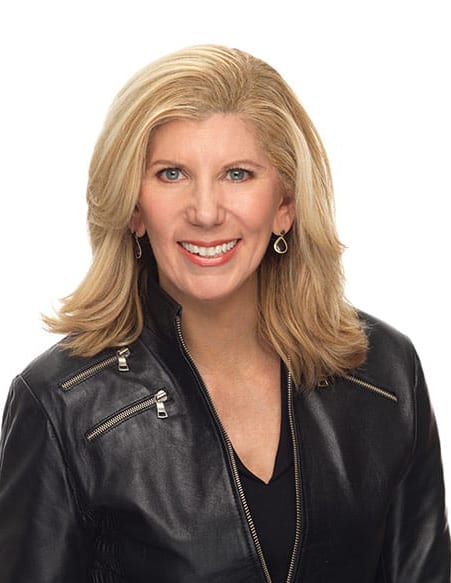 Our industry has been facing a diversity crisis. In recent years, there have been countless panel discussions, debates and articles chronicling the challenges we face in ensuring our agencies and our in-house teams are reflective of the consumers with which we are engaging. This means diversity of all types: gender, ethnicity, age, religious background, sexual orientation. Employing a diverse workforce is critically important, and I imagine these conversations will continue to dominate until our industry makes significant shifts in the right direction.
Our industry has been facing a diversity crisis. In recent years, there have been countless panel discussions, debates and articles chronicling the challenges we face in ensuring our agencies and our in-house teams are reflective of the consumers with which we are engaging. This means diversity of all types: gender, ethnicity, age, religious background, sexual orientation. Employing a diverse workforce is critically important, and I imagine these conversations will continue to dominate until our industry makes significant shifts in the right direction.
While gender and ethnic diversity must remain our industry’s biggest priority, it also is critical to consider types of diversity that are less easy to see, like diversity of thought, diversity of ideas and diversity of experience. Just a few weeks ago, in Cannes, Ketchum and Fast Company released the results of a study on creativity, in which a diversity of life and work experience rose to the top of factors impacting the creation and selection of ideas. This insight reinforces the need to take a more holistic look at diversity and inclusion as we strive to be a model for other industries and for society at large. Diversity – of all types – is not just a nice-to-have but a must-have to ensure we’re not operating in a creative echo chamber.
This is why I am tremendously proud to see that our latest class of summer fellows – who are now about halfway through their internship program with us – come from such diverse backgrounds. And their ideas show it.
Now, I am a firm believer that diversity doesn’t just happen by accident – it requires a concerted effort to break out of deep-rooted, yet antiquated, recruitment practices. Due to unconscious bias, companies are unwittingly narrowing their talent pools, leading them to hire people who have similar backgrounds, skills and even personalities, instead of finding candidates with unique qualifications that challenge the status quo.
So our by-design method for hiring summer fellows, LaunchPad, seeks to remove unconscious bias from the equation by inviting applicants to join an interactive online game and showcase their creative prowess without providing any identifying information. Not only is it an immersive experience for fellows candidates, which gives them a look into agency life, but because it is a “blind audition,” it gives us a chance to look beyond their résumés, their field of study and their demographics to evaluate them on their ideas.
As a result, LaunchPad led to a 17 percent increase in ethnic diversity of our summer fellows year-over-year, and of this year’s class of talented fellows across North America, 25 percent are considered non-traditional hires – as in, they don’t have any previous PR internship experience. Additionally, 15 percent are studying fields outside of the traditional PR and communications sphere – including majors like information science, psychology, marketing, business analytics, sociology, international relations, entrepreneurship, political science and economics. With such a diverse range of backgrounds, we are able to offer our clients added skills beyond what they’d expect of a PR firm – and our fellows gain important experience in the communications field that they will apply in the next phase of their careers, whether that be heading back to school, into a new field or a full-time role at Ketchum.
The one thing this group is missing, however, is a high enough percentage of men. As an industry, I strongly believe we will be minimized if we become what many deem a “pink-collar” job, and I hope the next iteration of our LaunchPad program and other efforts we undertake can help us attract more men to the field.
I’m incredibly optimistic about the possibilities LaunchPad provides for Ketchum as it strives to become more diverse – in every aspect of the word. As an avid proponent of reverse mentoring, I also look forward to learning from our summer fellows and seeing how they apply their unique backgrounds in our business.
